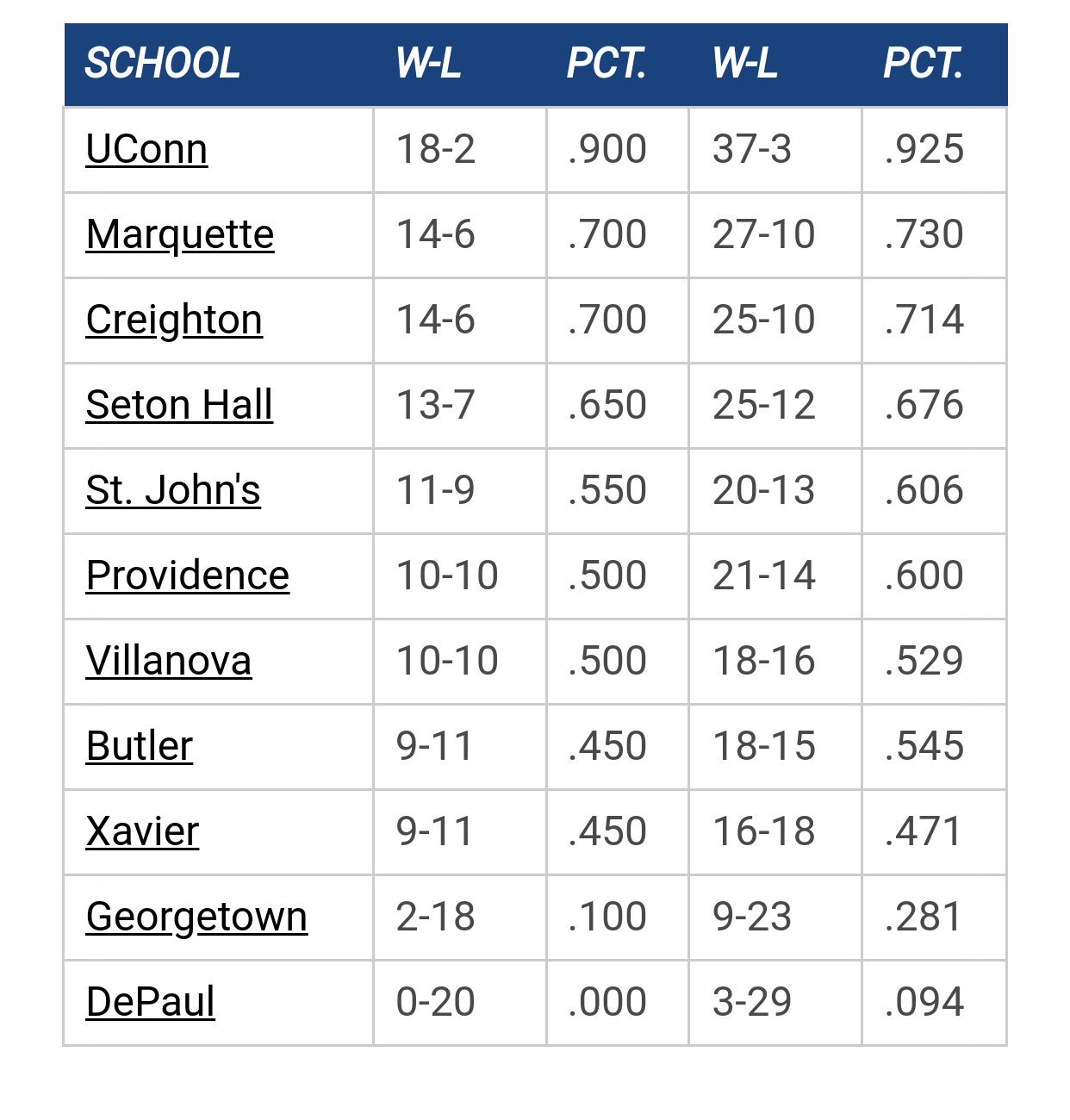- Welcome to MUScoop.
Transfers in/out 2025-2026 by rocky_warrior
[Today at 03:08:46 AM]
2025-26 College Hoops Thread by wadesworld
[Today at 01:16:35 AM]
Marquette Team Rankings by MarquetteMike1977
[Today at 12:58:48 AM]
Shaka Smart 02/18/2026 by rocky_warrior
[Today at 12:15:41 AM]
2025-26 Big East Thread by BM1090
[February 21, 2026, 11:59:58 PM]
2026 Transfer Portal Wishlist by rocky_warrior
[February 21, 2026, 11:18:56 PM]
We're 3rd best! by rocky_warrior
[February 21, 2026, 10:08:27 PM]
[Today at 03:08:46 AM]
2025-26 College Hoops Thread by wadesworld
[Today at 01:16:35 AM]
Marquette Team Rankings by MarquetteMike1977
[Today at 12:58:48 AM]
Shaka Smart 02/18/2026 by rocky_warrior
[Today at 12:15:41 AM]
2025-26 Big East Thread by BM1090
[February 21, 2026, 11:59:58 PM]
2026 Transfer Portal Wishlist by rocky_warrior
[February 21, 2026, 11:18:56 PM]
We're 3rd best! by rocky_warrior
[February 21, 2026, 10:08:27 PM]
The absolute only thing required for this FREE registration is a valid e-mail address. We keep all your information confidential and will NEVER give or sell it to anyone else.
Login to get rid of this box (and ads) , or signup NOW!
Georgetown Date/Time: Feb 24, 2026, 6:00pm TV: NBC SN Schedule for 2025-26 |
||||||
User actions


